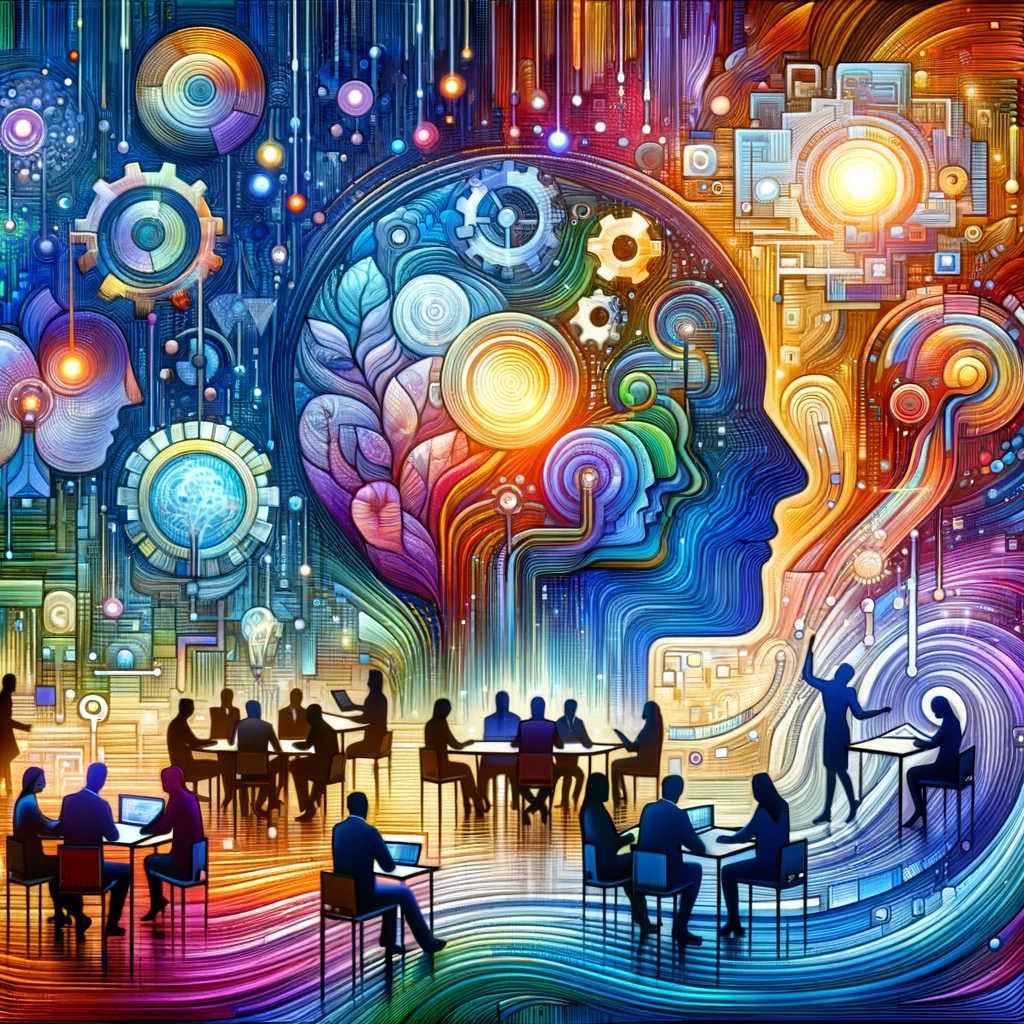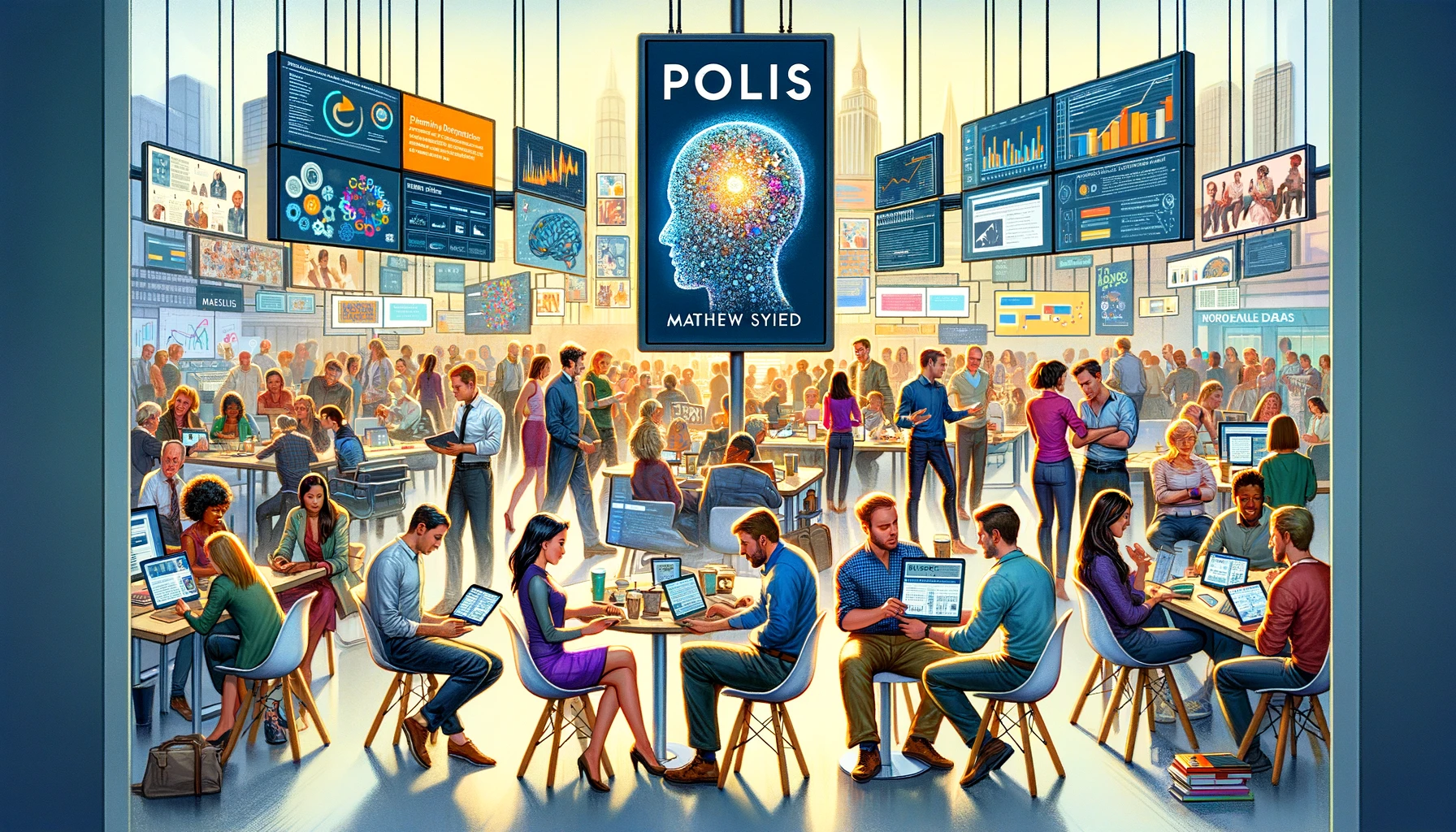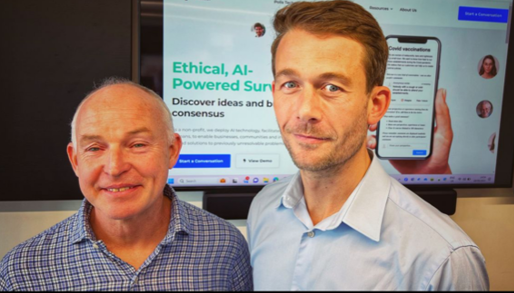Is George Mobiot talking about Polis?
(Appropriately and sadly, this blog is written on the hottest day of my life).
George Mobiot, the internationally acclaimed environmental journalist, who primarily works for The Guardian, recently penned a fascinating blogpost entitled “Enclaves of Democracy”. In it, he writes:
“Society is a complex system, and complex systems can never be sensibly and benevolently controlled from the centre. A centralised, hierarchical system means concentrated power, and concentrated power favours concentrated wealth. Systems like ours are easy for billionaires and their media empires to co-opt.”
Famed for his environmental writing, Monbiot’s second area of interest is political power. In this piece and in other articles, Monbiot outlines his intense dislike for the UK’s political system, which, he frequently argues, favours corporate interests over societal interest and thereby accelerates ecological catastrophe – his primary interest.
In this powerful, educating piece, Monbiot encourages us to become more local in our decision-making. The State, he says, prefers corporate interests over planetary interest: it’s just how the system functions. And in so doing, the destruction of the planet is guaranteed. The system needs to change, if we are to save the planet, goes his argument.
Monbiot writes:
“To a far greater extent than has been permitted in our recorded history, we should be allowed to manage our own lives.”
Indeed we should, but once societies became so large and so complex that a representative democracy was required to govern us properly, ever since humans have had to outsource political decisions to representatives. Although Monbiot doesn’t explicitly say so, the proliferation of the internet, with the concomitant advent of mind-blowing political technology such as Polis, now makes his dream a reality.
Sadly and surprisingly, Monbiot doesn’t even touch upon the possibility of technology as a force for good in our democracies. Perhaps he hasn’t come across Polis. Yet.
Increased Polis Usage Benefits All
Here at the Crowd Wisdom Project, it is our belief that if humans become more engaged with our democracy, starting at the micro level – such as in companies, faith groups and local authorities – then all of humanity will benefit.
Technology, like Polis, now allows us to interrogate an issue, mull it over, read what others have said on the subject, vote on other people’s statements and then, lastly, to write our own statements for others to vote upon. This in-depth engagement with an issue is empowering and informative, allowing people – perhaps for the first time in their lives – to really understand what other people think. There is no downside.
But we admit that Polis is imperfect technology – and inevitably it will improve, or something better will come on the scene – but it is the tool of our age. Our belief is that those in power remain loathed to engage in systems like Polis, because its enhanced usage will reduce the power of the elected representatives. And most politicians don’t want to surrender any power.
Polis is optimal on a local level
Our view is that, although Polis has been most famously used by the Government in Taiwan, on a large scale, Polis in fact works optimally on a local level. Macro level issues, such as national taxation rates, require vast amounts of knowledge in order to make a reasoned argument. Certainly, people should be entitled to express their views – whether taxes should be higher or lower – but placing votes – Polis-style – on such issues is fraught with challenges. Contrast this with local issues, such as bins, schooling or even planning decisions, local people have far more knowledge of the issues and will be impacted by any decision. Hence their views and votes are better informed.
Deliciously, Polis allows local issues to be rigorously examined, analysed and decided upon. Our view, as promoters of this fabulous technology created by the Computational Democracy Project, is that if local people become familiar with voting on local issues on a regular basis, democracy on a macro level will be strengthened, too.
Engaged – as opposed to passive – citizens, who feel that they have increased influence over their lives, feel empowered in all other domains. Polis usage, therefore, in our experience, is life-affirming.
For many people living in democracies, the venting vitriol on social media, because people feel so disempowered, is the main political action that people take. Our advice: let Polis in. Its time has come.





